Crook Chooks?
Refreshed 19th March 2025, Wednesday June 27, 2012



Chooks are no different to us when it comes to being sick...
... from catching colds to suffering physical injuries, developing growths/tumours, having reproductive problems, succumbing to stress and heart attacks, catching viruses or picking up fungal or bacterial infections, or coping with heavy worm burdens or annoying external parasites … the list is endless! As the saying goes when you have livestock you also have dead stock! It is very hard for the poultry backyard owner or even the local vet to diagnose what might be ailing your fowl. Many poultry diseases have similar symptoms no matter what the illness so it is extremely difficult to pinpoint exactly the disease or ailment.
Some of the typical symptoms exhibited by a sick chook include loss of appetite, reluctance to move about, fluffed up feathers, lameness, drooping wings, feather loss, lethargy, dull eye, respiratory problems, diarrhoea and soiled feathers around the vent. We tend to surmise that dirty bottoms and diarrhoea are a result of worms. Lameness in birds is due to marek’s disease and that a sudden death is exactly that. The only way to be absolutely sure would be to examine and post mortem the deceased bird and submit the tissue samples for laboratory analysis. Unless you know what ailment is causing your chook to be crook it is always good practice to isolate it from the rest of the flock. The best place is a warm, dry area (preferably a wire cage or even a cat cage) with fresh bedding, water and feed. Once isolated you can monitor your chook and see if she is going to overcome her ailment ...or not.
12 tips to keep your hens healthy and reduce risk of ill health & disease
1. Keep your hen house well maintained
Spray regularly with a multi-purpose cleaner/disinfectant and odour neutralizer. We recommend Appletons Poultry Safeguard. Appletons De-Mite Powder (organic) works hand in hand with Poultry Safeguard to keep on top of red mites and other external parasites. Dust perches and nest boxes regularly for good results. Refresh with new wood shavings every time you clean your hen house. Do not recycle used floor litter as bacteria, mites or viruses can be transferred in the floor litter. The best use for used floor litter is your compost bin. We spread ours on the veggie garden and under our trees and they love it! Remember it is good practice to disinfect and clean your chook house between flocks - treat with Poultry Safeguard and add new wood shavings before introducing your new flock of layers to your hen house.
2. Keep the sparrows and wild birds out
If you use open feeders cover over or enclose your run to keep the sparrows out as they carry disease and will pass on parasites to your flock. Investing in a step-on automatic feeder will stop all wild birds after a free feed – reducing contamination and saving on feed.
3. Feeding a good quality, high protein complete feed
Feed out adlib. Chickens eat little and often. Having feed available all day gives everyone in the pecking order the opportunity to eat. We use and recommend Weston Free Range and Weston Peak Layer Pellets. It is a good brand containing ruminant protein. Chooks are not vegetarians; they are omnivores, they need both vegetable and animal protein for a balanced diet. Having poultry grit available in the run is important not only for calcium intake for egg production but also aids to grind the fibre and grain/maize in the gizzard. Never feed out stale or mouldy feed.
4. Fresh, clean water is essential
Birds need access to it 24/7. Especially on a hot day when they drink 2 to 4 times more water than normal. Make sure your drinker holds enough water or invest in an automatic drinker - we have a great one available that can be hooked up to the garden hose.
5. Make sure your chooks have access to shade especially on hot summer days
Poultry struggle in high temperatures as they are unable to sweat. You might have noticed them standing with wings out trying to create air flow to cool down on a very hot day. If constantly stressed by heat birds can go off the lay and not lay eggs during really hot periods. So remember to provide adequate shelter – shrubs, trees, shade cover or even a piece of plywood to create a shadow.
6. Provide your chooks with good housing
Your hen house /coop needs to be draught free but well ventilated plus have enough space to accommodate the flock. Check out our timber hen housing and discover our fantastic Omlet chicken coops. Good ventilation and dry shavings helps to reduces ammonia build up and this makes the house a comfortable and healthy place to roost. A plywood floor will also make a difference in keeping floor litter dry and friable. Having enough space for all your chooks in the hen house is important to reduce stress and fighting amongst the flock. Also ensure the enclosed run is large enough to comfortably accommodate everyone and thus avoid stress caused to lower ranking birds in the pecking order. Stress has a big impact on birds and can stop birds laying and even kill them.
7. Refresh your chook run
It is a good idea every so often to replace the top layer of soil as this will reduce the risk of recontamination of internal and external parasites and other nasties. Another way of doing this is to alternate runs – say setting up your chook house with a run off each side. If the dirt run gets muddy regularly place a layer of pine bark /mulch / pine needles as it stops the muddy effect and the acidic nature discourages parasite and bacterial growth. For areas that are badly affected by manure build up an application of lime will help to get the ph balance right. We treat our birds regularly for internal and external parasites. Talk to us for the right advice.
8. Analyse your chooks droppings
Keep a daily eye on your chooks droppings as they can be the first warning signs of a sick chook. Chickens combine all their forms of waste in one parcel. There are three parts to each blob and they all look completely different – urates, urine and faeces. Smelly, mustard coloured caecal dropping are also excreted daily and usually contain no urates or faecal matter. This extreme difference often gets backyard chook owners concerned for no reason at all. Dropping colour and consistency can vary according to the diet of the bird. If chickens get stressed droppings can become more watery. Chooks on a commercial pellet diet will do droppings the same colour as the pellet. Regular de-worming is best practice.
9. Open for viewing?
Another point to consider if concerned about the spread of disease and infection is not permitting visitors, especially other poultry fanciers, into your chicken area as this is one sure way of transferring dust or micro-organisms from one place to another. Visitors can transfer disease thru clothes, shoes and unwashed hands. Mind you saying that ….dander borne diseases can travel on the wind from one backyard/farm to another or be brought in by wild birds…
10. Keep your chicken area clean and free from poisons and toxic plants.
Potential poisons that your hens could have access to would be chemicals like fertilizer pellets, slug bait, rat bait, garden sprays and insecticides. Only feed out ‘fresh’ household scraps (no mouldy scraps) and just enough that your birds can clean up in 10 minutes. Bacterial toxins and poisonous plants in house hold scraps can be a killer causing botulism .Don’t leave mouldy pellets or mouldy grains on the ground as these contain fungal toxins and can poison. Other potentially toxic substances that can be found in household scraps that should never be fed out to hens are alcohol, chocolate, caffeine, raw potato peelings and excessive amounts of salt. Avoid feeding out large amounts of kitchen scraps or letting your chooks self-help from compost bins these will only attract vermin and with it bring a higher risk of contamination and disease.
11. Isolate new birds
If introducing new birds to your flock it is good practice to quarantine them for a couple of weeks to check they are in good health before introducing them to your flock. Be mindful that chooks raised elsewhere will not necessarily be resistant to ‘your piece of dirt’ and the parasites, cocci and viruses that inhabit it. Poultry hatched, raised and matured in one place develop a ‘natural immunity’ and become hardy to what is on their ‘piece of dirt’.
12. To go vaccinated or not vaccinated?
Poultry kept free range in small numbers in backyards usually avoid many of the dangers that are faced every day by poultry raised under intensive conditions on large commercial poultry farms. All commercial hybrids (the chooks used commercially as egg layers) in NZ are vaccinated at a day old against marek’s disease and salmonella. Commercially reared growers or POL pullets may also be vaccinated for infectious bronchitis, epidermal tremors and ILT, and have booster doses for salmonella. Due to the amounts and storage requirements most backyard poultry fanciers do not vaccinate their flocks. The belief is to breed from healthy, vigorous, robust stock.
oops this is going to be a bakers dozen :)
13. Know your birds
On your daily chook rounds observe your chooks and their chookie habits…so you know what to look for if all is not well. Pick your birds up occasionally and give them a physical check over. Are they a good weight? Part the feathers around the vent and between the legs and look for external parasites. Keep an eye on their droppings to monitor the worm burden. Dose for worms if necessary. If you need to identify your chooks we have leg bands available in different colours that are easy to put on and stay on…very handy for easy identification especially if you keep all the same breed.
How you care for your poultry and maintain your poultry house and run is key to having healthy and productive layers.
Much of it is common sense but gaining a better understanding of what you can do to improve can only have positive results.
Explore some of our helpful info on chicken healthcare

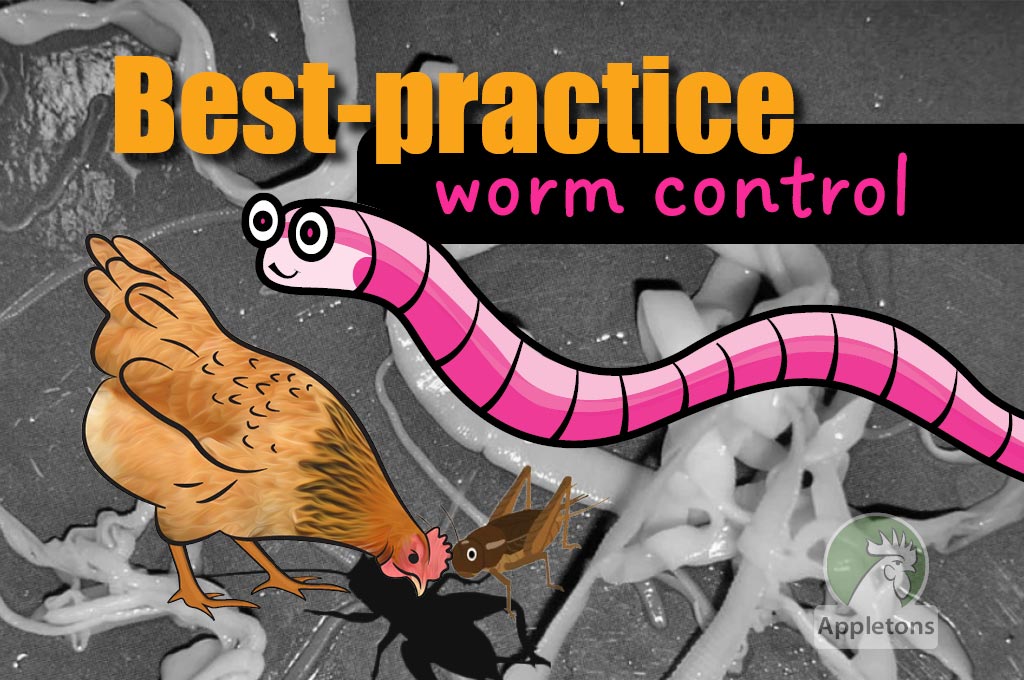
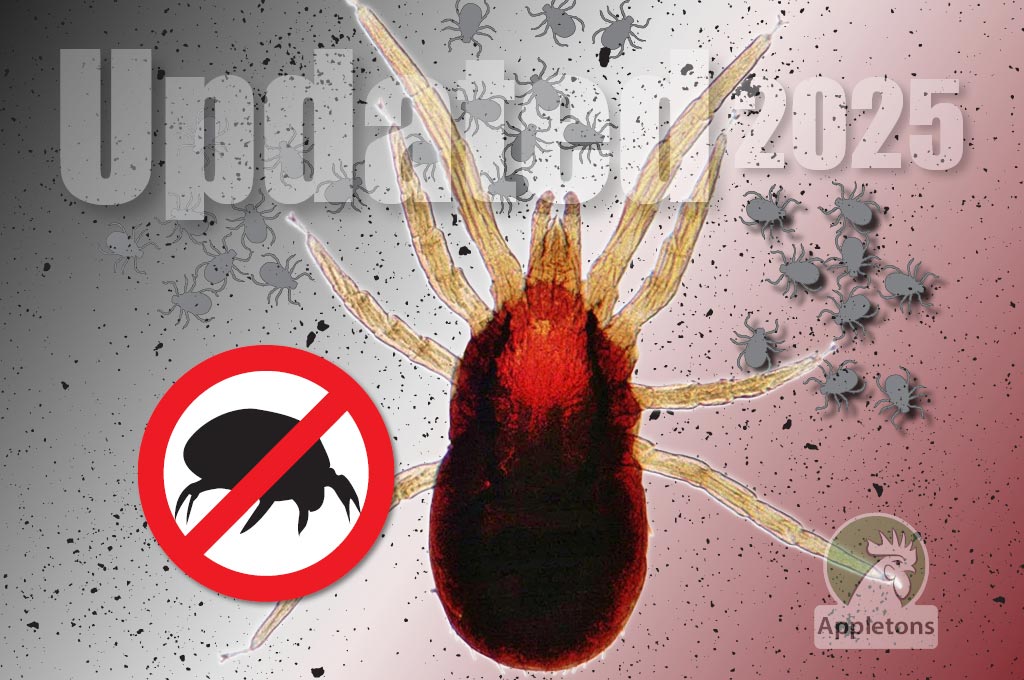
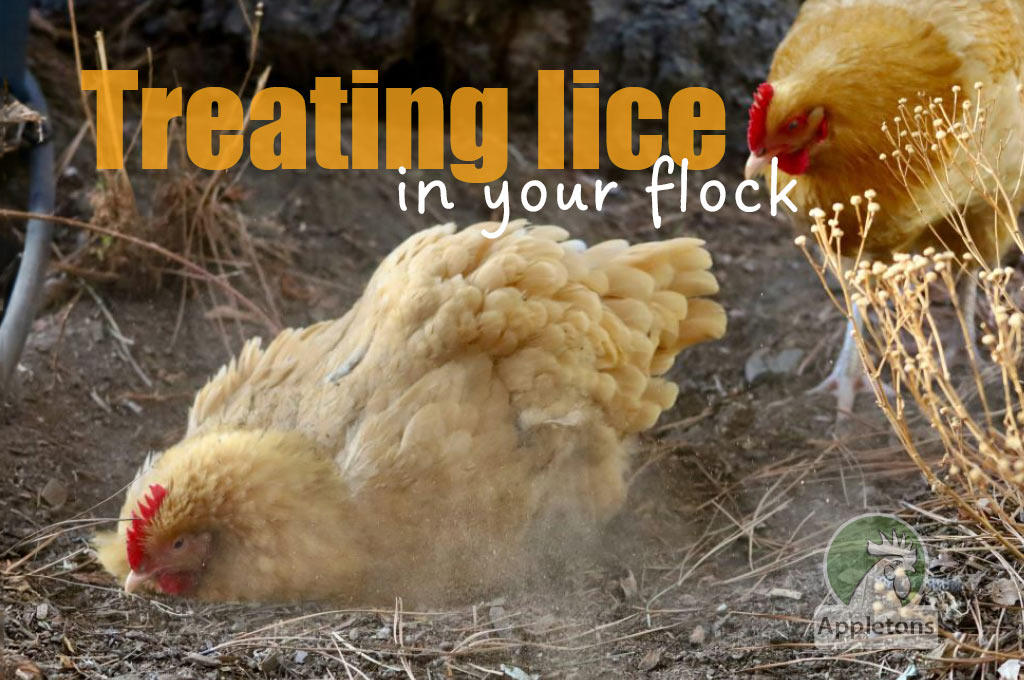
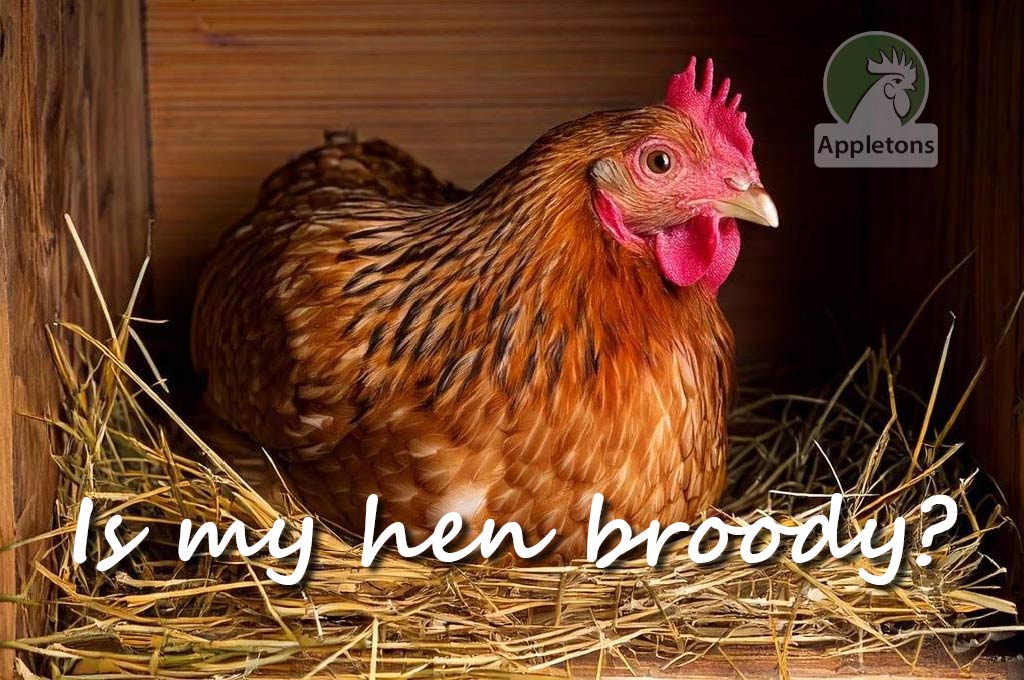
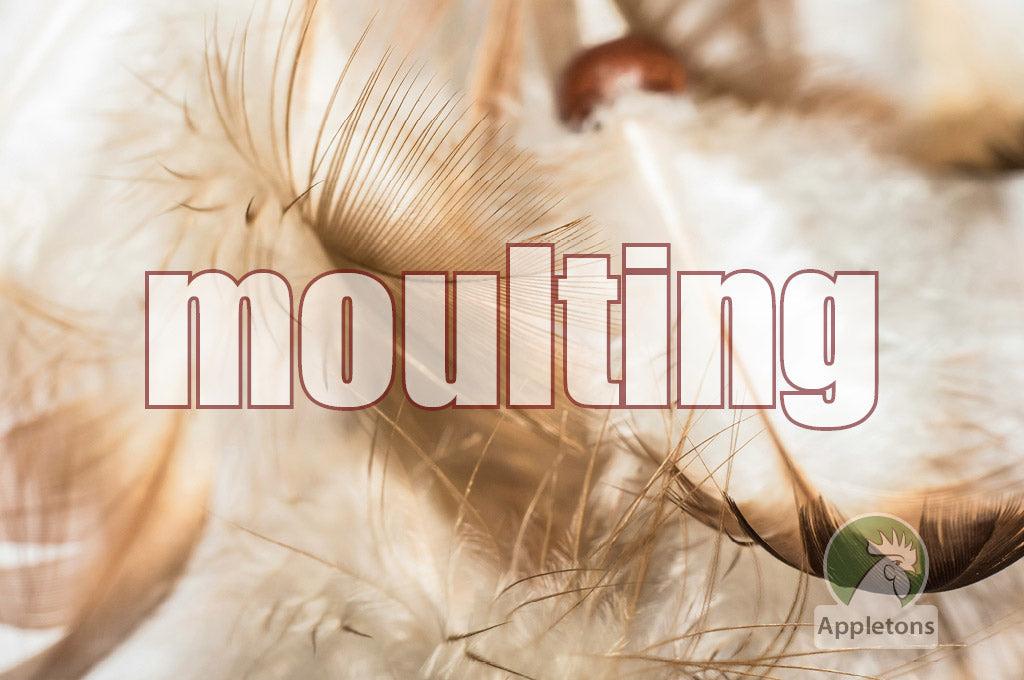

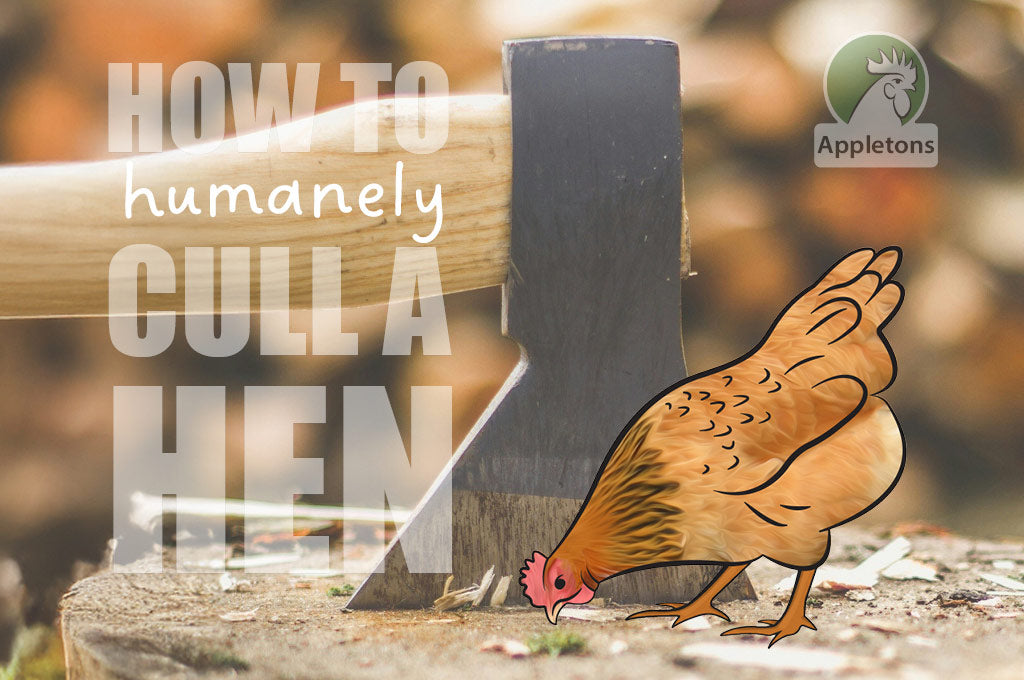
Swipe for more
